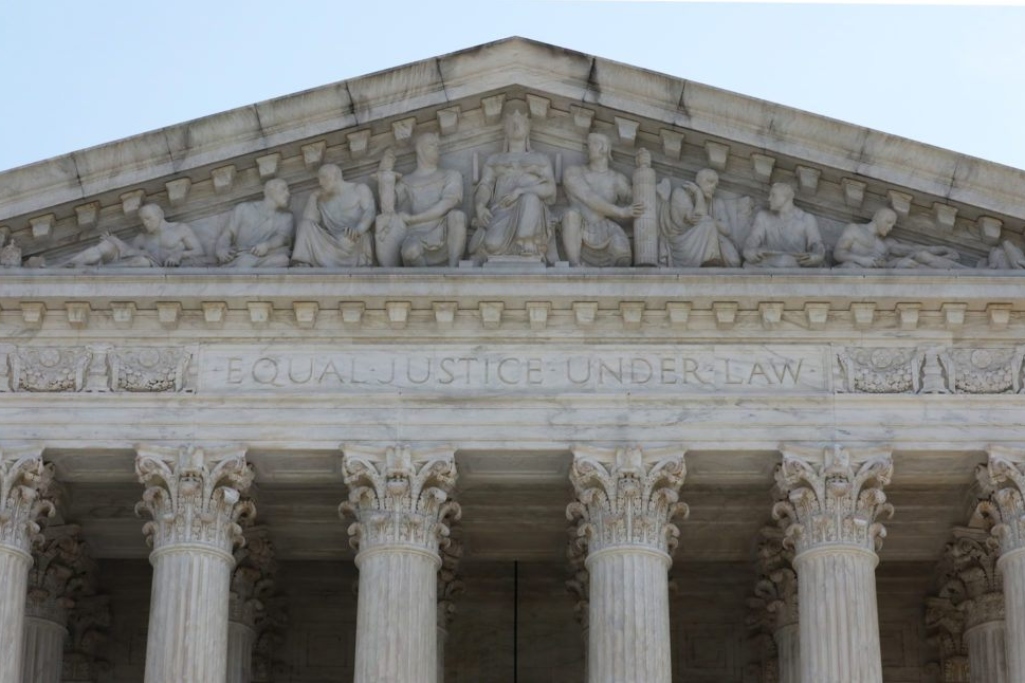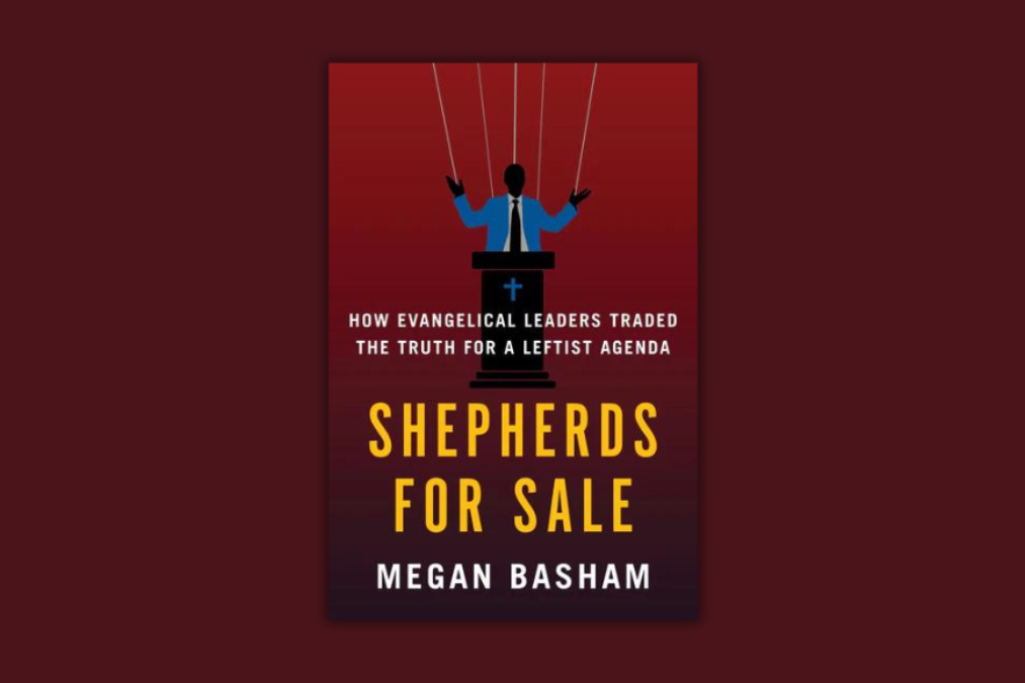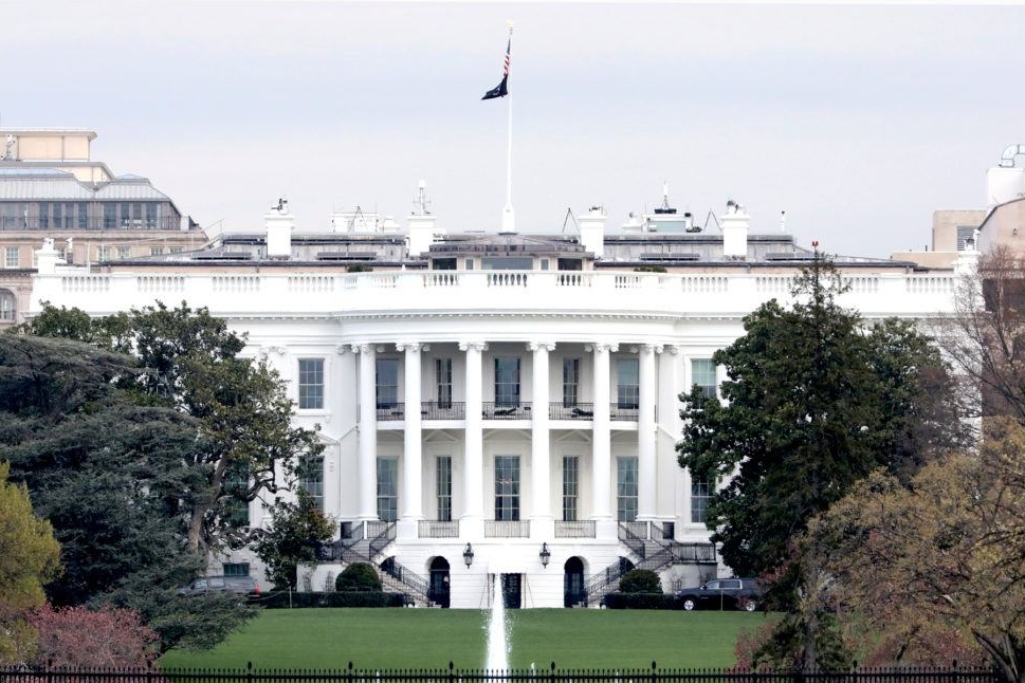
The U.S. Supreme Court.
WASHINGTON (BP) — The U.S. Supreme Court has unanimously ruled that a Catholic benevolent ministry qualifies for a tax exemption granted to churches.
The June 5 decision says the Catholic Charities Bureau (CCB) and its subsidies are eligible to enroll in the Wisconsin Bishops’ Church Unemployment Pay Program (CUPP), which the plaintiffs argued is more efficient, less costly and provides the same benefits as the state’s unemployment insurance program. The CCB is the social ministry arm of the Diocese of Superior in Wisconsin.
The Court ruled that Wisconsin’s court erred when it determined the CCB, which provides various social services to a host of needy communities, did not qualify for an exemption from the state’s program because they do not operate for religious purposes.
In denying the exemption, the Wisconsin Supreme Court pointed out the CCB’s subentities do not require their employees or those served to be Catholic and do not offer religious training, proselytize or attempt to promote the Catholic faith.
The High Court determined Wisconsin’s interpretation of the law violates the First Amendment because it “imposes a denominational preference by differentiating between religions based on theological lines.”
Ethics and Religious Liberty Commission (ERLC) President Brent Leatherwood affirmed the Supreme Court’s decision as a victory for religious liberty.
“When the state tries to define what constitutes religious ministry and activity, it is not only working well beyond its boundaries, it is trampling all over the First Amendment,” Leatherwood said in a press release.
“This is the main takeaway from today’s unanimous Supreme Court decision; one that should hearten Southern Baptists and anyone who cares about our fundamental freedoms. This case involved an egregious attempt in Wisconsin to dictate how religious organizations should be structured or what the outworkings of their faith should look like.
“Southern Baptists will rightly understand this ruling affirms what we know to be true: that we need to be able to freely share the gospel and live out the tenets of our faith—like offering a hot meal to someone in need, a stable home for vulnerable children, or a helping hand to those in disaster zones—without fear of being bullied into adopting the government’s erroneous view of what that should look like.”
The case, Catholic Charities Bureau, Inc. v. Wisconsin Labor & Industry Review Commission, dates back to 2016 when the CBB originally sought religious exemption from Wisconsin’s unemployment insurance program.
After several appeals, the U.S. Supreme Court agreed to take up the case in December 2024.
Court documents state that the CCB serves those in need as “an effective sign of the charity of Christ,” and attorneys for the Catholic Charities argued just because the ministries do not offer religious training or proselytize does not mean they aren’t religious in nature.
“The Wisconsin Supreme Court got it wrong when it interpreted a state law religious exemption to favor what it called ‘typical’ religious activity, and when it held that helping the poor can’t be religious because secular people help the poor, too,” attorney Eric Rassbach said during the case’s oral arguments in March.
“To resolve this case, this court need do nothing more than say that the Constitution doesn’t allow courts to do that. Most courts have no difficulty applying religious exemptions constitutionally. The problem here is that Wisconsin draws distinctions along theological lines, something that this court has repeatedly forbidden.”
The ERLC joined a host of other religious denominations in filing an amicus brief in the case urging the High Court to rule in favor of the ministry. The ERLC was joined in the brief, filed Feb. 4, by the General Conference of Seventh-day Adventists, the United States Conference of Catholic Bishops and several others.
The Catholic plaintiffs were also supported in an amicus brief by the U.S. Department of Justice and a second brief of 19 states, led by Ohio, and various legal scholars.
The U.S. Supreme Court ultimately sided with Rassbach and the Catholic Charities in their decision announced Thursday morning.
ERLC Vice President Miles Mullin said the government should let religious groups, and ultimately God, determine what constitutes “real religion” and how it should be done.
“It is not right for the government to prescribe religious practice or compel a religious group to conform to its standards of what qualifies as ‘real’ religion,” Mullin previously told Baptist Press.
“According to the state, the diocese was not organized in the right way, did not undertake its ministries in the right way, and did not hire the right people. As stated in the ERLC’s amicus brief, how religious groups, including Southern Baptists, choose to fulfill their mission is beyond the state’s authority to direct. The government has no competency to judge such matters. That judgment must be left to God.”
The case is one of several religious liberty cases the High Court is expected to rule on this summer which the ERLC is actively engaged in.
(EDITOR’S NOTE — Timothy Cockes is news editor at New Orleans Baptist Theological Seminary.)


